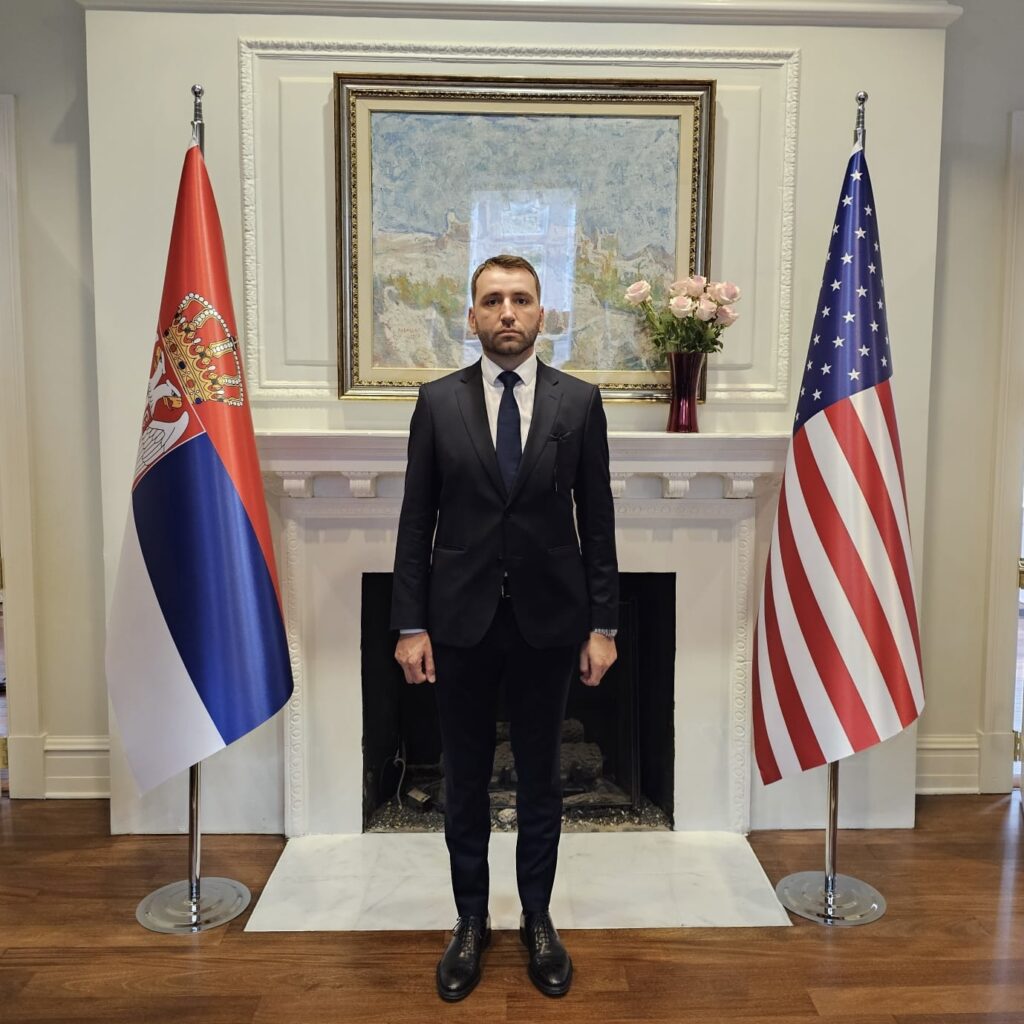What Happened to Logic?
In daily life, we often encounter situations where logic seems like something obvious and natural. However, it’s surprising how many times we find ourselves asking, “Isn’t this logical?”—as we watch people make decisions or act in ways that defy rational thought. It’s as if the basic principles of cause and effect, the very foundations of logic, no longer hold any weight in everyday life.
There’s something particularly troubling in Serbia today—the absence of logical reasoning. What used to be a natural response or thought process now seems like a forgotten skill. In an age of fast-flowing information, where we’re bombarded with disinformation, half-truths, and sensationalist news, people rarely stop to ask if what they’re reading or hearing even makes sense. It’s as if the logic filter has been switched off. Information is often accepted without verification or analysis, so logic yields to the inertia of mass acceptance of whatever is presented.
What was once inherent to every individual—the ability to think critically and judge based on logical principles—has become neglected. In daily conversations, life decisions, and even in political or social discourse, logic is increasingly absent. What should be clear becomes confusing; what should be evident becomes questionable.
Why is this happening? The reasons are numerous. In a world where speed is valued over quality, superficiality over depth, and sensationalism over truth, people are less inclined to use logical thinking as a tool for navigating life. In such a world, logic seems to be losing its battle against emotional and instant gratification. Many no longer prioritize logic but prefer what is instant and seemingly accurate.
What’s especially concerning is that this way of thinking is being passed on to younger generations. Instead of instilling the value of logical reasoning from an early age, the environment seems to encourage impulsive, suggestible, and thoughtless responses. Here lies the core of the problem: logic should become an integral part of education, starting as early as preschool.
Logic is not merely a mathematical discipline; it’s a tool that allows people to understand the world, make decisions based on rational and considered foundations. Without it, the world becomes chaotic, and people are more susceptible to manipulation and error. In a society that increasingly favors emotional, hasty reactions, logic becomes a defense mechanism that brings us back to rationality.
In the information age, the irony is that people have access to more knowledge than ever before, but they are simultaneously losing the ability to critically filter that knowledge. That’s precisely why it’s essential to reintroduce the teaching of logical reasoning into educational systems—from the earliest years to adulthood. Logic isn’t just a tool for solving mathematical problems; it’s crucial for making everyday decisions, understanding the world, and preventing mistakes.
Logic helps us ask the right questions, recognize contradictions, and resist being swayed by what’s popular, focusing instead on what’s right and true. Without it, we cannot progress, either as individuals or as a society.
So, the next time we encounter something that seems wrong or irrational, let’s remember—logic is there to help us clear the path through the fog of uncertainty. It’s time to put it back where it belongs—at the heart of every thought and action.
Logic is not just the privilege of mathematicians and philosophers; it’s a vital need for every individual who wants to understand the world and make the right choices. In a world full of contradictory information, fake news, and manipulations, logic is the beacon that guides us to the truth. Let’s nurture it, develop it, and teach younger generations to use it, because a world without logic is a world without direction.
The absence of logical reasoning among average information consumers creates fertile ground for manipulation. This is a situation that various centers of power actively exploit to shape public opinion and promote narratives that serve their strategic interests. In Serbia, the influence of disinformation from Russia and China is particularly evident. The use of disinformation and manipulation allows these actors to influence perceptions of reality, while the lack of logic in critical thinking makes it harder to identify and expose these deceptions.
Developing and nurturing logical thinking is not only an academic need but a fundamental component in creating a society that can think critically and defend itself from manipulations. Logic helps people discern truth from falsehood, and without it, we easily become victims of disinformation. In Serbia, logical reasoning is essential in combating the influence of foreign power centers, such as those from Russia and China, which shape public opinion through manipulative narratives. Only a logically educated individual can recognize these attempts and respond rationally.


